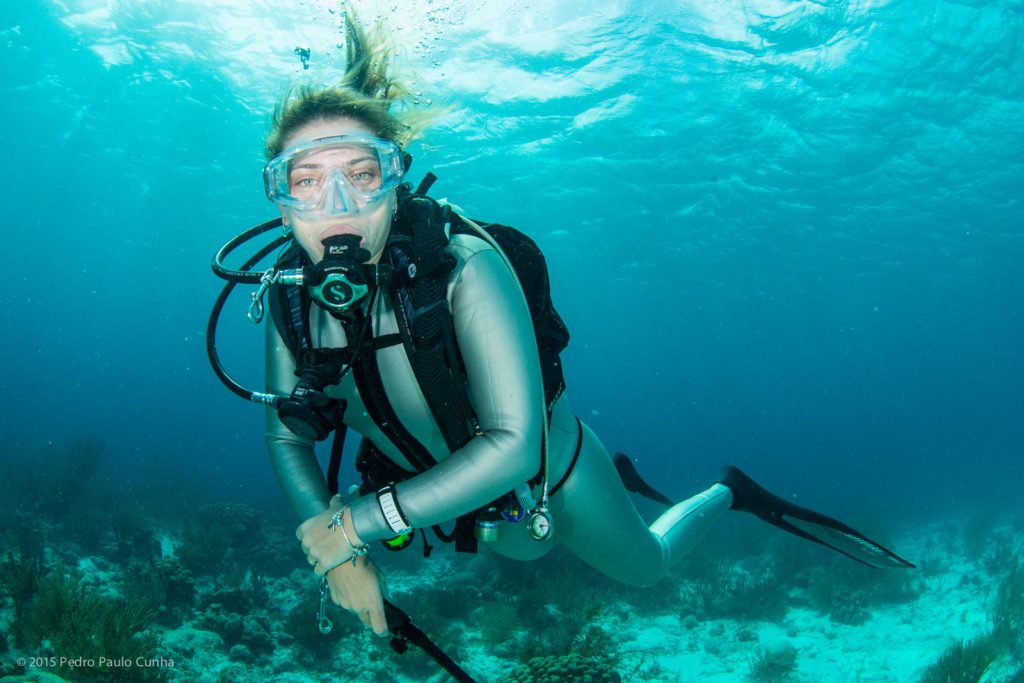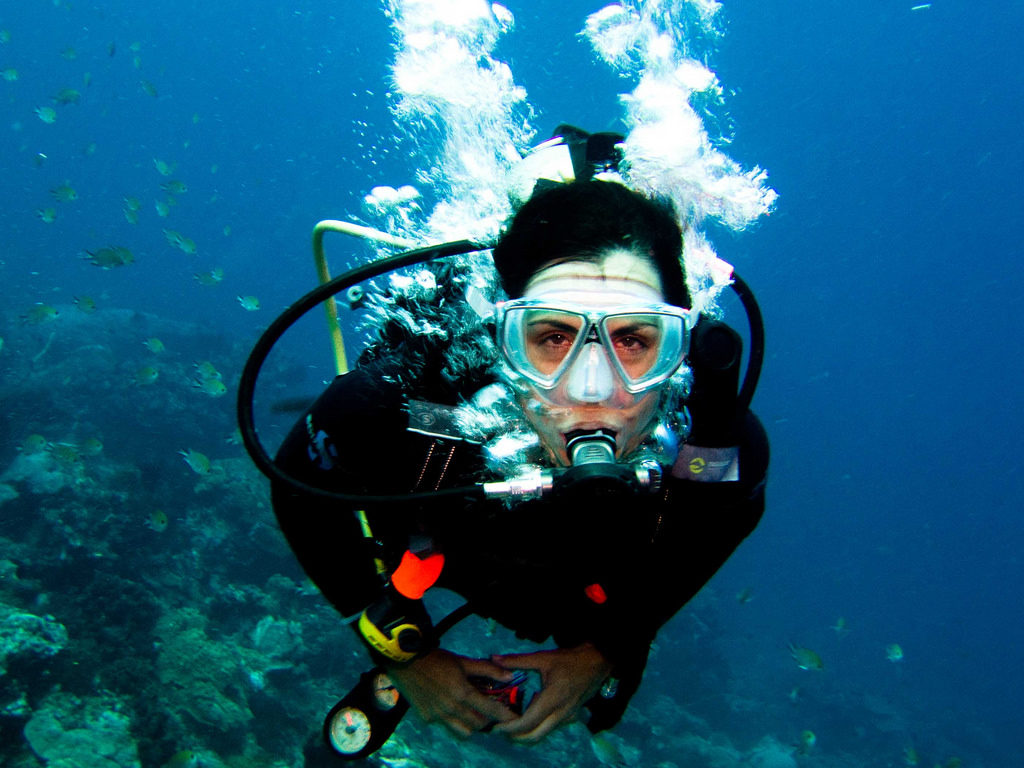In this blog post, we’ll take you deep into the world of dive computer, exploring the basics, benefits, and best practices for marine exploration in Bali. As you descend into the crystal-clear waters of Bali, the excitement and thrill of exploring the underwater world takes over. But before you embark on this incredible journey, it’s essential to ensure your safety above all else. With scuba diving becoming increasingly popular, understanding how to use dive computers correctly can mean the difference between a stress-free adventure and a potentially life-threatening situation.
What is a Dive Computer?
A dive computer is an essential tool for any scuba diver. Essentially, it’s a wristwatch-sized device that tracks your dive time, depth, and other vital information to ensure you stay within safe limits. Modern dive computers have evolved significantly since their inception in the 1980s, offering advanced features like digital displays, alarms, and even GPS tracking. When choosing a dive computer, consider factors such as ease of use, accuracy, and durability. Some popular options include brands like Suunto, Garmin, and Mares.
Why Do I Need a Dive Computer?
You might wonder why you need a dive computer when you already have a dive watch or a depth gauge. The key difference lies in the level of precision and data provided by a dive computer. These devices can track your dive time, alerting you when it’s nearing the recommended maximum, as well as monitor your depth and ascent rate to prevent decompression sickness. This is particularly crucial for beginner divers, who may not have the experience or knowledge to manually calculate their dive time and depth.
Understanding Dive Computer Modes

Dive computers often come with various modes that cater to different diving styles and scenarios. These modes can include: ‘Shallow Water’ mode for shallower dives, ‘Recreational’ mode for casual diving, and ‘Technical’ mode for more advanced or extended dives. Understanding the different modes and how they affect your dive plan is crucial to staying safe underwater. For instance, Shallow Water mode may not account for decompression stops, whereas Technical mode will provide more detailed information on gas consumption and ascent rates.
Tips for Mastering Your Dive Computer
Mastering the basics of your dive computer requires a combination of understanding its features, practicing good diving habits, and staying aware of your surroundings. Here are some tips to get you started: Always pre-dive check your computer’s settings and ensure it’s properly calibrated. Use the ‘shallow water’ mode for shallow dives and the ‘recreational’ mode for casual diving. Pay attention to your dive time and depth, and make sure you’re staying within recommended limits. Monitor your ascent rate and make slow and gradual ascents.
Exploring Marine Exploration in Bali
Bali offers a unique and breathtaking marine exploration experience like no other. With its crystal-clear waters, vibrant coral reefs, and diverse marine life, it’s the perfect destination for scuba diving enthusiasts. From wreck dives to drift diving, there’s something for every level of diver. At Gill Divers, we’re committed to providing an unforgettable underwater adventure, with expert guides and state-of-the-art equipment to ensure your safety above all else.
Diving Deep into Safety: The Bottom Line
Safety is paramount when embarking on a scuba diving adventure, and Bali diving is no exception. With its diverse underwater landscapes and sometimes challenging conditions, it’s essential to prioritize safety to fully enjoy the experience. Whether you’re navigating the currents at Nusa Penida or exploring the wrecks at Tulamben, adhering to safety protocols ensures a secure and enjoyable dive. Key safety measures include thorough pre-dive checks, using well-maintained equipment, and diving with a buddy. Additionally, familiarizing yourself with local marine life and potential hazards can prevent unexpected encounters and injuries.
Bali’s top-notch dive schools and experienced instructors provide comprehensive training, emphasizing the importance of emergency preparedness and situational awareness. By embracing these safety practices, you can dive into Bali’s underwater world with confidence, knowing you’re equipped to handle any situation. Remember, the bottom line is that safety enables you to fully immerse yourself in the wonders of Bali diving, making every dive a memorable and secure adventure.
In conclusion, mastering the basics of dive computers is crucial for a stress-free and safe underwater adventure. By understanding what a dive computer does, why you need one, and how to use it effectively, you’ll be well-equipped to take on even the most challenging dives. Remember to stay within recommended limits, monitor your surroundings, and practice good diving habits. At Gill Divers, we’re committed to providing an unparalleled underwater experience in Bali, with a focus on safety above all else. Contact us today to book your next dive adventure!

I’m not surprised that dive computers are a crucial tool for scuba divers. As someone who’s interested in exploring the underwater world, I appreciate the emphasis on safety and understanding how to use these devices effectively.
Thank you for sharing your thoughts, Ling Ling Tan! We’re thrilled to hear that you appreciate the importance of safety in scuba diving. At Gill Divers, we take pride in providing a safe and enjoyable experience for all our divers. If you have any questions or concerns about dive computers or any other aspect of scuba diving, please don’t hesitate to reach out to us at Tel: +65 6734 9373 or Email: [email protected]. We’re always here to help. And who knows? Maybe one day we’ll be taking you on an unforgettable underwater adventure in Bali!
I’m new to scuba diving, but this post has given me a lot of confidence in understanding how to use my dive computer. Thank you for providing such detailed information and highlighting the importance of safety protocols.
Dear Rizal Tan, thank you for taking the time to share your thoughts about our blog post on dive computers. We’re thrilled to hear that it has given you confidence in understanding how to use your dive computer! At Gill Divers, we believe that safety is paramount, and we’re committed to providing our customers with comprehensive training and guidance to ensure a stress-free diving experience. If you have any further questions or concerns about using your dive computer, please don’t hesitate to reach out to us at Tel: +65 6734 9373 or Email: [email protected]. We’re always here to help. Good luck with your scuba diving adventures, and we look forward to welcoming you on one of our guided dives in Bali!
I completely agree that mastering dive computers is essential for a stress-free and safe underwater adventure. As someone who’s planning a diving trip to Bali, I appreciate the tips and advice provided in this post.
Dear Fatimah, thank you for sharing your thoughts on mastering dive computers. We’re thrilled to hear that our post has been helpful in preparing you for your upcoming diving trip to Bali! At Gill Divers, we understand the importance of safety and proper training when it comes to scuba diving. If you have any further questions or concerns, please don’t hesitate to reach out to us. Our team is always here to help. We look forward to having you join us on an unforgettable underwater adventure in Bali! Please feel free to contact us at Tel: +65 6734 9373 or Email: [email protected].